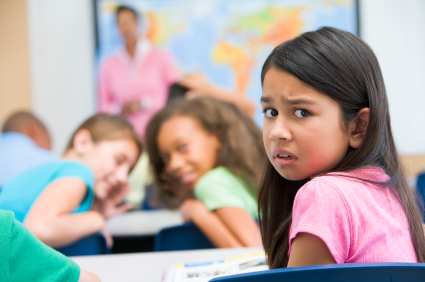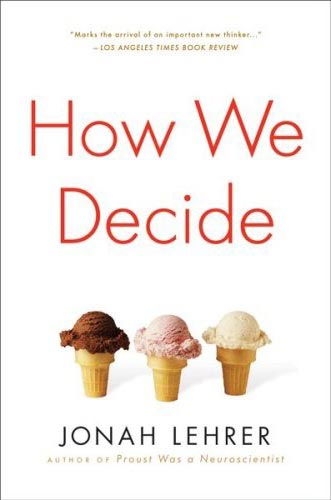By Amy McCready
Parenting expert Amy McCready is the Founder of Positive Parenting Solutions. which offers free training resources. She created the celebrated Positive Parenting Solutions Online parenting course that empowers parents of toddlers to teens with the skills to correct misbehaviors permanently without nagging, reminding or yelling. Amy is a Positive Discipline Parent Educator and most importantly – a mom of two sons ages 12 and 14.

Appreciate the moments of calm and you catch 'em in the act of doing something right
Parents want to have close relationships with their children, but many wonder if that’s even possible as their once sweet, loving, cuddly child enters adolescence. Suddenly, your son is more interested in peers than spending time with the family, your daughter may be showing more rebellious behavior, and now, instead of being the one they turn to for advice, you don’t know a thing!
While scary for parents, the normal individualization process during the tween and teen years doesn’t have to involve power struggles and hard feelings if parents avoid these three common parenting mistakes:
1. Too much “ordering, correcting & directing”: No one wants to be bossed around and “ordering, correcting and directing” is a guaranteed way to get your tween or teen to shut down. Parents wouldn’t order, correct and direct friends or co-workers, yet many will bark orders in an attempt to demand compliance from kids. If we expect kids to respect parents, parents have to reciprocate with respectful communication.
Instead, use a calm voice and make respectful and reasonable requests. Ask yourself the question… “How would I feel if someone made this same request of me?” A calm and respectful approach doesn’t mean that kids aren’t held accountable for their behavior. Parents can hold kids accountable in a way that fosters a mutually respectful relationship and empowers kids to learn from their choices.
Instead of “ordering” – try “inviting cooperation”… “I’m slammed with work this evening. Anything you can do to help with the dinner clean up would really make a difference for me tonight.” Nine times out of ten – the teen will lend a hand!
2. Exerting too much control: Part of the normal development process for teens is to separate from us – but that invokes fear in most parents and they respond by “clamping down.” Instead of respecting the child’s need for greater autonomy – parents attempt to exert more control, which escalates power struggles.
Recognize your teen’s growing need for power and autonomy. Instead of “clamping down,” look for opportunities to give your teen MORE responsibility and decision making opportunities. Involve your teen in family decisions as appropriate.
Be reasonable with curfews and privileges. Demonstrate faith in your teen by giving a little more rope – but within your comfort zone. Be very clear about the responsibilities that accompany his or her privileges and be sure to reveal consequences in advance. That way your child will be perfectly clear about what will happen if he or she decides to test your limits. As the late parenting educator and author, H. Stephen Glenn said, “Children need enough rope to get rope burn, but not enough to hang themselves.”
3. Not being ON their team. Most teens feel that their parents are against them – not with them. When parents order, direct and correct too much, interrogate them about every little thing, or try to exert too much control – it invites power struggles and reinforces the feeling that we’re against them. When teens feel that parents are ON their team, they are more likely to communicate honestly and openly and may actually want to spend time with the family!
Show that you’re ON their team by getting into their world. Spend one-on-one time with them – on a daily basis – doing what THEY like to do. Parents often perceive that teens don’t want to spend time with parents – but they do! Taking 10 minutes, one or two times a day to talk, hang out, download music – or whatever your teen enjoys – increases your emotional connection and works wonders in keeping lines of communication open. It reinforces that you are “on her team” – not against her.
















